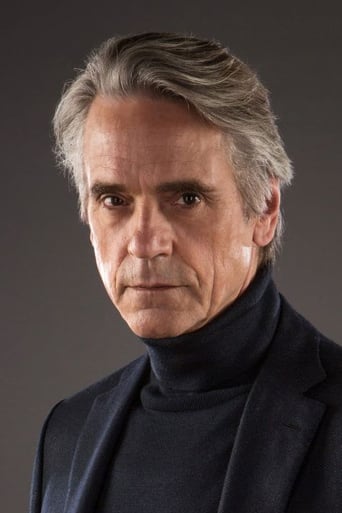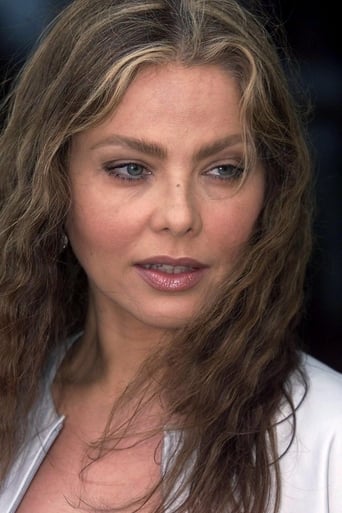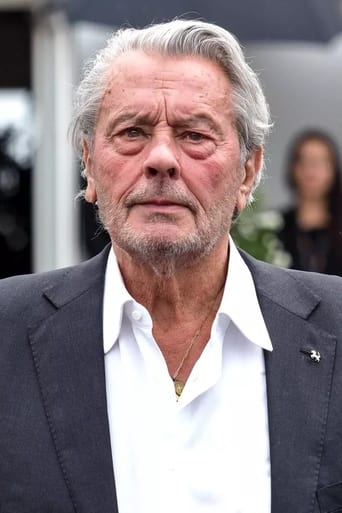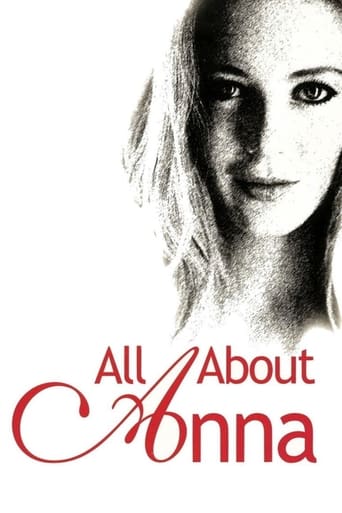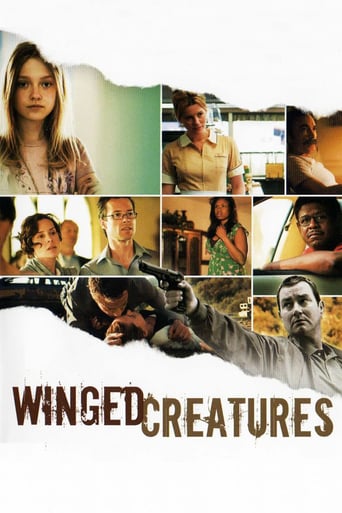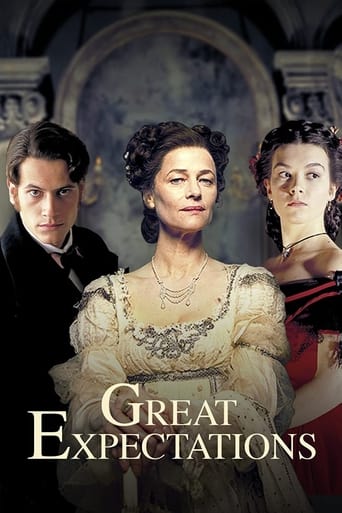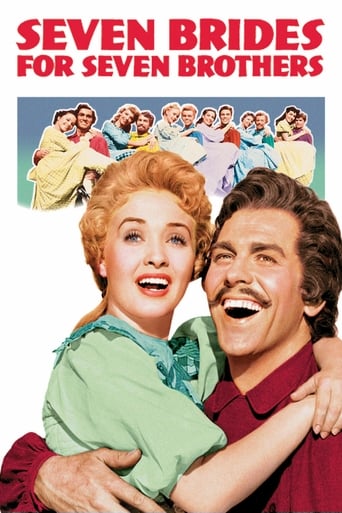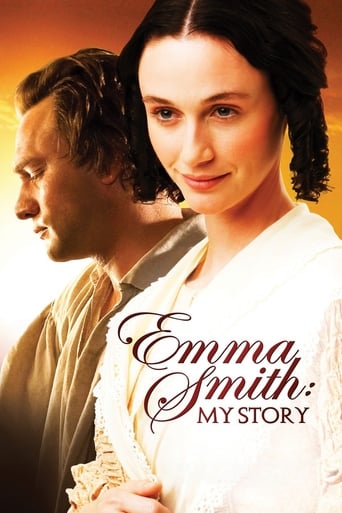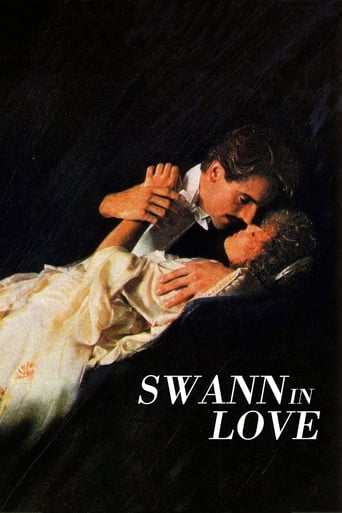
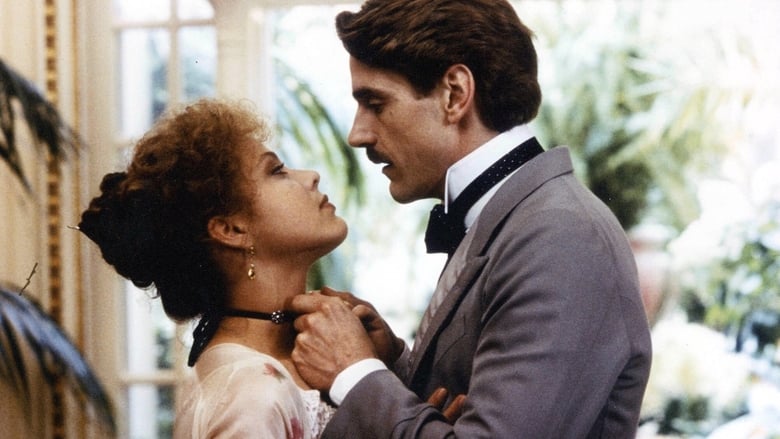
Swann in Love (1984)
In early 20th century, Charles Swann, a young and wealthy dandy, spends most of his time hanging out with the old nobility, notably the Duke and Duchess of Guermantes. He is madly in love with a pretty demi-mondaine, Odette de Crécy. Idle, Swann surrenders complacently to the torments of jealousy. After hours of suffering, he manages to spend a night with Odette. In the morning, he believes that ultimately, this one is "not his type". However, we find him, many years later, alongside Odette who, now his wife, gave him a daughter. In the company of Baron de Charlus, brother of the Duchess of Guermantes, he wonders about the failure of his sentimental life, so far removed from this absolute he dreamed of.
Watch Trailer
Cast
Similar titles
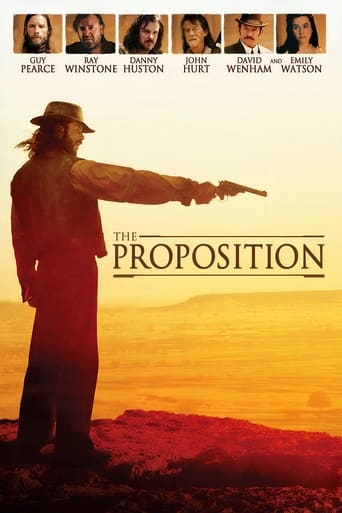
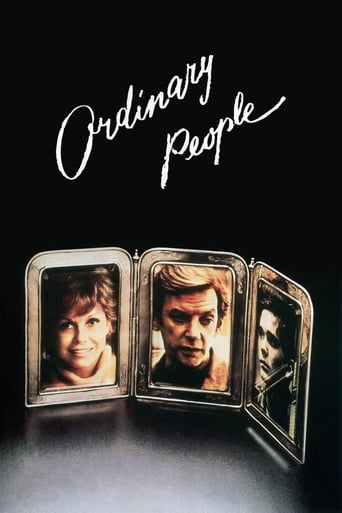
Reviews
Sadly Over-hyped
There are better movies of two hours length. I loved the actress'performance.
It was OK. I don't see why everyone loves it so much. It wasn't very smart or deep or well-directed.
Watching it is like watching the spectacle of a class clown at their best: you laugh at their jokes, instigate their defiance, and "ooooh" when they get in trouble.
In Volker Schlondorff's Swann in Love, Jeremy Irons is Charles Swann, a cultured aristocrat who is in love with Odette de Crécy (Ornella Muti), an alluring courtesan. Much to his undying frustration, however, Odette shares her pleasures with numerous men and women, keeping the passionate Charles at arms length while continuing to take advantage of his cultural and financial largesse. Written by Peter Brook, Jean-Claude Carriere and Marie-Helene Estienne, the film is an adaptation of the second part of Swann's Way, the first book of Marcel Proust's epic seven-volume masterpiece In Search of Lost Time.Set in Paris in the 1880s, the film is a recollection by a now aged Swann of a single day in his life as he attends dinner parties and salons, mingles with the upper crust, and pursues his courtship of Odette. Though Madame Verdurin (Marie-Christine Barrault), a fixture at the gatherings, sees Swann as unworthy of Odette and has unkind words about him, he evokes sympathy from the Duchesse de Guermantes (Fanny Ardant) who appears to also have designs on him. Swann's love for Odette feels a bit obsessive when he compares her face to a Botticelli face in a painting in the Sistine Chapel, yet we may be able to recall in our own life how love can be all consuming to the point where the lover takes on attributes far beyond the reality of their true nature.Swann in Love is a valiant attempt to translate a literary masterpiece into film and is strongly supported by the cinematography of Sven Nykvist, yet it fails to capture Proust's depth of characterization, artistic imagination, or poetic sensibility, opting instead for superficial posturing, long glances, and shallow voice-overs. The highly educated and artistically sophisticated Swann, in a lifeless performance by Irons, is depicted as little more than a humorless snob who is rejected by others of his social station because of his love for Odette, but who continues to pursue her out of obsession or sheer obstinacy. In the reality of Proust, however, his love for her is so deep that he can overlook almost any flaw in her makeup, her constant lying, her lack of appreciation of art, music, and poetry, and her broad tastes in sensual pleasure.There are others ways that Schlondorff gets it wrong. Although Odette is in fact a courtesan with all that it implies, she is hardly the unintelligent tart depicted in Muti's characterization. Also, the homosexual affair of the Baron de Charlus (Alain Delon) does not become part of Proust's story until many volumes later and does not belong in the film. One would think that, at the very least, the director would utilize a late romantic work of Gabriel Fauré or Camille Saint-Saens as the model for the enchanting sonata by the fictional composer Vinteuil that brings Charles and Odette together, yet Schlondorff instead opts for the modern atonal music of Hans Werner Henze, a choice that feels totally incongruent with the place and time. With all due respect for Schlondorff's valiant attempt to translate Proust into film, Swann in Love is one effort that should have remained on the drawing board with a "someday" tag attached.
I really admire the work of Volker Schlondorff, I think he is one of the best German director nowadays with Wenders (although in a very different style). His adaptation of Proust is quite good but several things really annoyed me. _first, the soundtrack: why using an atonal composition of Henze when Proust, who loved Wagner, filled his novel with specific musical references? It simply does not fit the atmosphere! Any chamber music of the late nineteenth or early twentieth centuries would have been better! _second, the acting: I am french and I really think Alain Delon is way overrated, he's simply mediocre. However, I really like Jeremy Irons, and Ornella Muti is usually quite good, but their dubbing is absolutely awful and ruins totally their acting! So I understand that Irons would have had a very strong English accent if he had been asked to act in french but if Schlondorff decided to shoot the movie in Paris with 90 percent of the cast being french, why in the hell didn't he choose two other french actors for the leading roles? I have nothing against English actors, on the contrary, but then, he should have shot the movie in English rather than dubbing miserably these good artists. _Third, the movie is sometimes a little slow. Usually, Schlondorff does a much better job with the editing. If you want to discover the terrific job of this great director, you should rather see "The Tin Drum", "The Ogre", "The Handmaid's Tale" or "Death of a Salesman" before this one.
Terrific costuming and production design, most noteworthy is the luminous camera-work of Sven Nykvist (Bergman/Allen/Tarkovsky and others). The film is paced as languidly as narrative film making will permit, allowing a certain quality of the author's voice to be felt beneath the demands of "storytelling", one of the chief obstacles in adapting this material.I think that a masterstroke in this film is the music. While it may seem inconsequential, it draws the film into a more complex direction than typical period music would have done. I believe that this allows the film to reinvent the quality of emotional space in the material.Contemporary composers of modern chamber music like Hans Werner Henze (who'd collaborated with Schlondorff before) were brought into the making of the film. The music succeeds by injecting an atonal, dissonant, aching, atmosphere into the story. The piano and violin pieces work well against typical form and aid the narrative in a superbly contemplative manner. I was reminded somewhat of "L'Année dernière à Marienbad", simply because the musical "cues" were not spelled out in simple terms.Avoiding kitsch is part of the problem when adapting an author who discusses subjects (in epic detail) which have been filmed a thousand times before - in my opinion, the music permits yet another interpretation of that subject. At first its quietly unusual, becoming a defined, twisting voice, accenting the growing dissonance Swann experiences with Odette and ultimately with society.It is a beautiful film. My only concerns were the occasionally odd voice-over work, which was a little distracting. Ornella Muti is a knockout, but her beauty seems oddly contemporary - its as if the filmmakers were trying to make the statement that voluptuousness is eternal, while beauty standards shift periodically and culturally. Irons is excellent as Swann. I would highly recommend the film.
For a long time I've thought that the Nobel Prize should go to a filmmaker, and who better than Volker Schlondorff. He has taken so many literary classics and turned them into fine films--Young Torless (Musil), The Tin Drum (Glass), Coup de Grace (Yourcenar), Michael Kohlhass (Kleist), The Ogre (Tournier) and many more. He has worked in Germany, France and the US and shows great ability and imagination always. This is the first film adaptation of Proust and it is wonderful in many places. The long sequence at Odette's house when an hysterical Swann goes on a rampage--looking for the source of the sound he imagines he hears--only to drive Odette into a fury as she smashes a vase is a classic of modern filmmaking. The pettiness and claustrophobia in the lives of aristocrats circa 1900 is superbly brought out. Sven Nykvist is the cinematographer (deep black night scenes, lovely) and Hans Werner Henze wrote the superb music: it's like another actor in the story; jangled, dissonant sound accompanying Swann's frantic travels through Paris.
